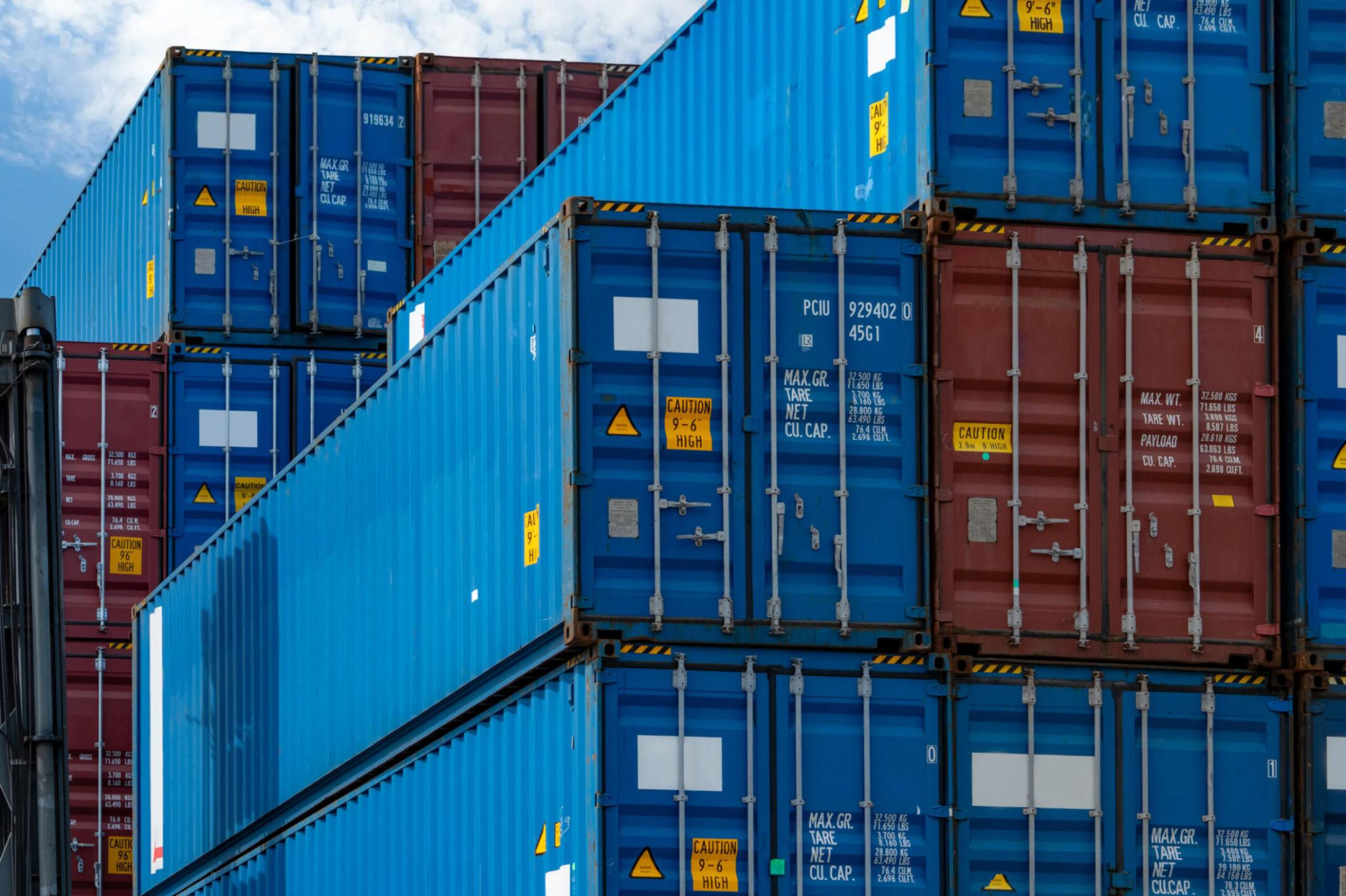The global supply chain thrives on the uninterrupted movement of goods internationally. Cargo insurance acts as a financial shield against unforeseen events that can occur during the transportation of goods and disrupt the supply chain.
It provides financial protection against perils to goods while they’re in transit. Such perils can be accidents, theft or piracy, natural disasters and acts of war.
Cedar Global Logistics provides cargo insurance as a value-added service to protect your shipment against potential loss or damage.
In this article, we will examine what cargo insurance entails, its relationship with the supply chain, its benefits, and the dangers of neglecting it.
Understanding Cargo Insurance
Cargo Insurance is a type of insurance policy that covers the loss or damage of goods (cargo) during transportation, through financial compensation. This coverage applies to various modes of transport – sea (water), air, road or rail.
It is essential for businesses involved in importing, exporting, or shipping goods domestically or internationally. Cargo insurance policies can be tailored to suit specific needs. Here’s a breakdown of the key elements of cargo insurance policies:
- Coverage: A cargo insurance policy can be an all-risk policy or a named perils policy. “All-risk coverage” insures against most perils except those explicitly excluded. While “named perils” policies cover only specified risks.
All risk coverage is the cargo insurance policy usually offered.
- Value of Goods: The insured value represents the maximum compensation received in case of a claim. It should reflect the cost of replacement for the insured cargo.
- Institute Cargo Clauses: These are internationally recognized clauses that define standard coverage elements and exclusions in marine cargo insurance.
Cargo Insurance and the Supply Chain
A stable supply chain depends on the timely and undamaged delivery of goods. Cargo insurance plays an important role in ensuring the smooth flow of goods from suppliers to customers.
By acquiring cargo insurance, businesses can mitigate risks along the supply chain, protect their investments, and maintain continuity in their operations. For businesses involved in international trade, it shows financial responsibility to clients and enhances credibility.
Without adequate insurance coverage, disruptions can happen to the supply chain due to financial losses from damaged or lost goods. These losses can result in delayed deliveries, damaged relationships with customers and have a negative impact on business reputation and profitability.
Benefits of Cargo Insurance
It Provides Financial Protection
Cargo Insurance ensures businesses are compensated for lost, damaged, or stolen cargo, thus reducing their financial burden.
It Gives Peace of Mind
Cargo owners gain peace of mind knowing that the value of their goods is protected during transit. They can then focus on other aspects of their operations, such as sales, marketing, and customer service, without constant worry about potential cargo-related losses.
It Facilitates Business Continuity
By mitigating financial risks, cargo insurance allows businesses to recover from losses and maintain operations.
It Facilitates Trade Finance
Cargo insurance makes it easier to get trade finance, because banks often require it as a condition for financing international shipments.
It Ensures Compliance to Regulatory and Contractual Obligations
Cargo insurance is often a requirement for complying with international trade regulations. It also comes as an obligation in contracts with many suppliers, shipping partners or customers. Having the necessary insurance coverage ensures legal compliance and strengthens business relationships.
Dangers of Neglecting Cargo Insurance
Neglecting cargo insurance exposes businesses to significant risks and potential financial losses. The dangers include:
Vulnerability to Financial Strain
Without insurance coverage, businesses are vulnerable to unaddressed financial losses when cargo are damaged or lost. This can significantly impact a business’s cash flow, profitability and overall business stability.
Disruptions in the Supply Chain
Damaged or lost cargo can lead to operational setbacks and disruptions to the supply chain, if the cargo was uninsured. The loss can hinder a company’s ability to fulfill customer commitments and causes customer dissatisfaction. These harm business reputation and competitiveness in the market.
Legal and Contractual Issues
Non-compliance with cargo insurance requirements in international trade regulations or contracts can result in legal issues, penalties, and damaged relationships with business partners.
Conclusion
Cargo insurance serves as an important risk management tool in the global supply chain.
It provides essential financial protection, ensures compliance with regulations and contracts, and helps maintain the efficiency and resilience of the supply chain.
Cedar Global Logistics is a top provider of international freight and logistics solutions, and we offer cargo insurance as one of our value-added services. To learn more about the various services we provide, visit our services page.


